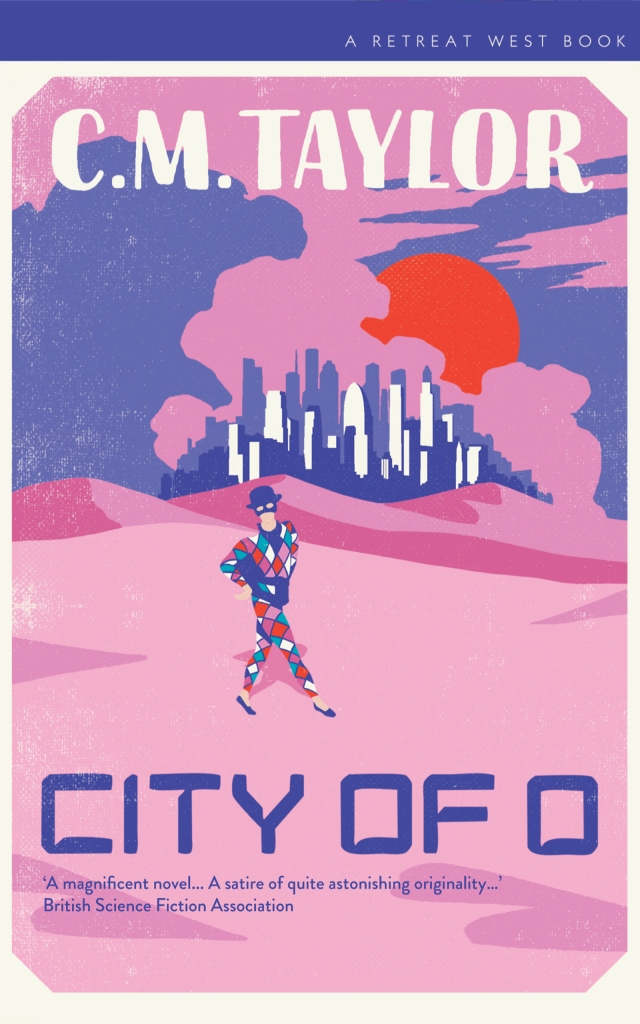When I wrote City Of O – by hand, with a pen (google the word ‘pen’) – I’d just spent two years working for a TV company in London, running their website in the day and then in the evening steaming from bar to bar, from gig to gig, from after-show to after-show.
Sounds cool; wasn’t cool.
I know there are many Londons and that in them many sound people have many sound lives, but the London I was then in – significantly of my own creation – felt corrupting, without foundation, mendacious. I could not truly explain my fierce antipathy but I suffered it. I was haunted and deracinated by the disruptions that media and technology and urban living were having.
Quitting my job, I ran to the hills. I’d put some cash aside from work and rented a villa and decanted my howls into City of O. But more than that, like Hamsun and Dostoyevsky – I of course make no claims of comparable quality – I tried to document the young adult’s urban soul, to say, this is how the modern world feels. But again, more than that, I tried to see what was under the way the world then felt, to see if the centuries of humanism which preceded the chimeric moment I was in could find me a way out. Hence in the book, the lost person in the City of O has the four troubadours roaming in search of them; each troubadour embodying an aspect of humanism, of the enlightenment, of definable, knowable human good.
It was the late 1990s that I wrote about, and all the things I felt intolerable then have only intensified. I could not have predicted the interpenetration of the dopamine ouroboros of social media, the way it has reframed the significance of experience from it being felt to it being seen. The calamitous political effects of digital tech were nowhere on my radar either. But I knew that truth was dissolving in the steepling orgy of tech and image – I felt the currents; thought things were coming to a head. And what I felt then as the peak of the disruption of the human identity – the engines canna take it; how can this possibly go on? – was not even a foothill.
We’ve gone much further out since then. My troubadours are further off – are they even looking for us anymore? City of O is a cry from when things could be imagined to be joined up and true, an old map drawn closer to the wrong turn we took in the road, a glimpse of a glimpse of the old shores.